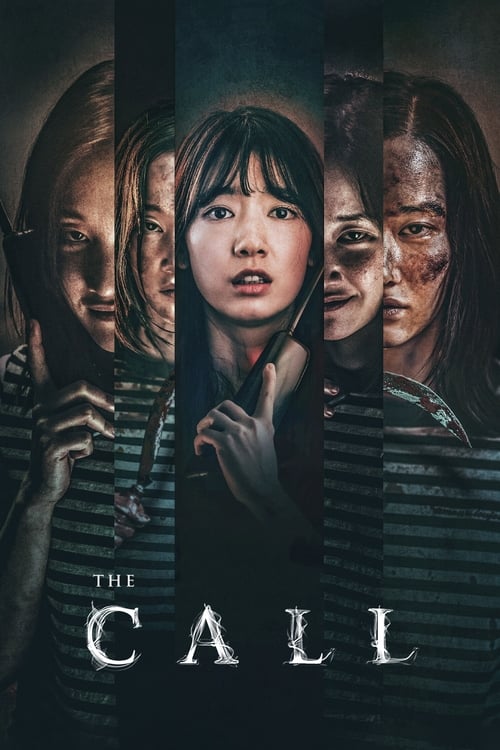
Title: The Call
Year: 2020
Director: Lee Chung-hyun
Writer: Kang Sun-ju
Cast: Park Shin-hye (Seo-yeon), Jun Jong-seo (Young-sook), Kim Sung-ryung (Eun-ae), Lee El (Ja-ok), Park Ho-san (Mr. Kim),
Runtime: 112 min.
Synopsis: Connected by phone in the same home but 20 years apart, a serial killer puts another woman’s past — and life — on the line to change her own fate.
Rating: 7.527/10